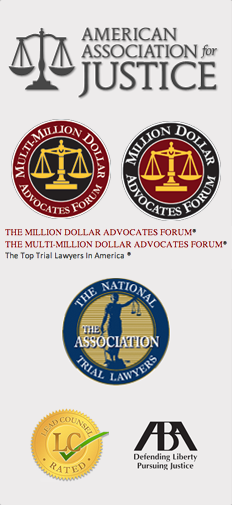Fortunately for those with dysarthria, which is a condition that causes a person to have difficulty talking, this condition may be treated, although the treatments and their efficacy will depend on the severity of the dysarthria.
Usually, a speech-language pathologist will work with a person to determine the severity of the dysarthria. After the patient is considered neurologically stable, treatment of dysarthria should focus on respiration, phonics, resonance, articulation, and prosody. What a person focuses on specifically and how they do therapy will depend on what is necessary to help them communicate effectively.
In severe cases, patients may required to use speech devices, gestures, writing, or other alternative treatments to adequately communicate.
Dysarthria is often a complication that accompanies cerebral palsy. Unfortunately, many children suffer from a form of cerebral palsy due to a medical professional’s errors. If your child has developed cerebral palsy due to medical malpractice, talk with a lawyer from The Driscoll Firm about taking legal action by calling (800) 900-7704.


